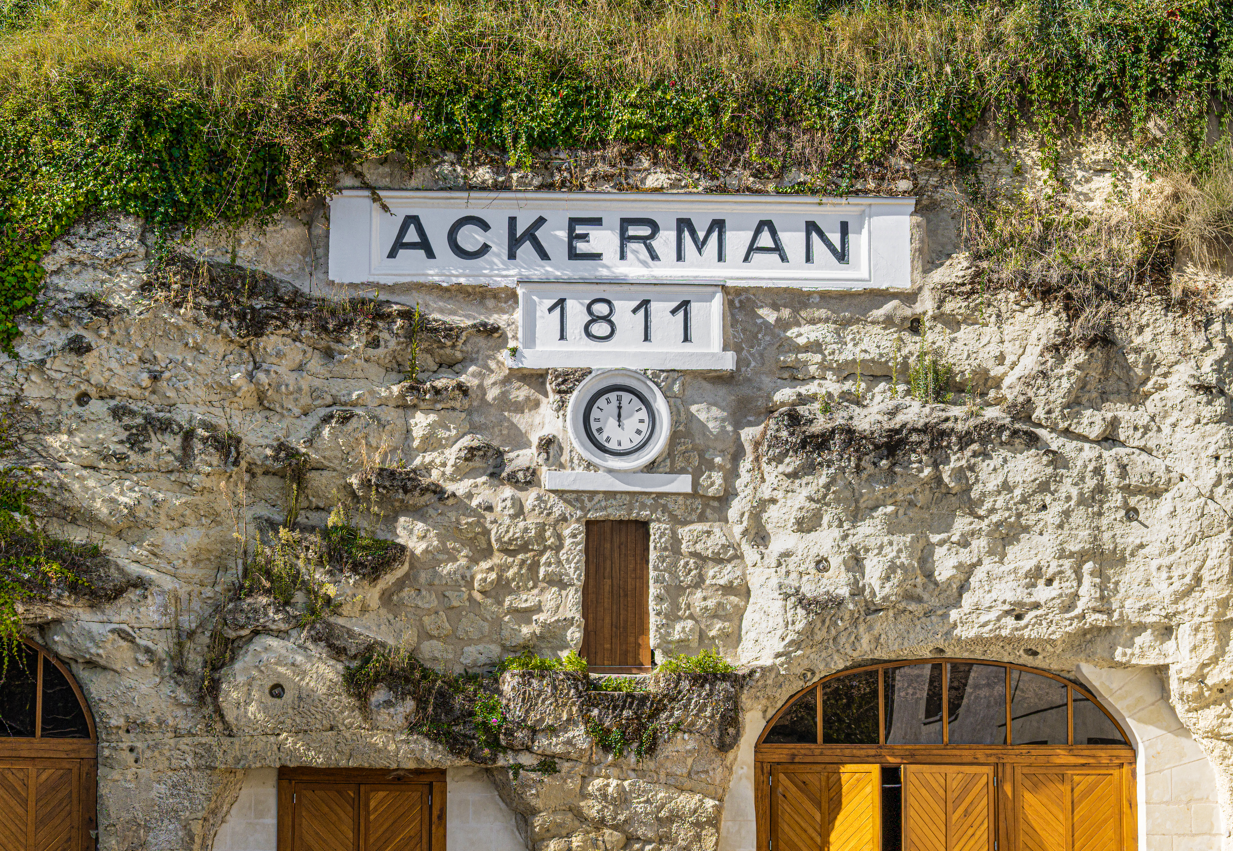Nine producers break with Cava to form ‘Corpinnat’
Nine producers have formally broken ties with the Cava DO to form their own EU-recognised body known as Corpinnat with the first bottles bearing the name due to be released this spring.
The nine producers that make up the new association are: Gramona, Llopart, Nadal, Recaredo, Sabaté i Coca, Torelló, Huguet-Can Freixes, Júlia Bernat and Mas Candí.
The body, officially known as L’Associació d’Elaboradors i Viticultors Corpinnat (AVEC) [The Association of Wine Producers and Growers Corpinnat (AVEC), has been officially registered with the Catalan government since September 2017.
Discussions between the original six producers behind Corpinnat (rising to nine over the course of 2018) and the governing body of Cava to accommodate the new designation have been on-going ever since but appear to have finally broken down, leading to the rupture.
The principal reason for the break appears to be a refusal on the part of the DO to allow ‘Cava’ and ‘Corpinnat’ to appear on the same label, even though DO Penedès has agreed to its use.
In a statement, released on Wednesday 30 January, AVEC said: Inspite of the intense negotiations between AVEC and the DO Cava, it has been impossible to reach a satisfactory solution between the two parties, and the wineries associated to Corpinnat have been forced to abandon the DO even though they set up the brand with the clear will to continue within the world of Cava.”
The primary drive behind Corpinnat (further explanation below) is to produce wines solely from Penedès rather than from the much broader area in which Cava is permitted today.
According to AVEC, the on 22 January the Cava DO gave the group an ultimatum not to continue with the plan and to abandon all promotional activities by the end of January.
“For this reason,” AVEC continued in its statement, “and faced with the impossibility of finding, in the current context, a solution that allows for this coexistence, and without shutting any door to the future, CORPINNAT faces a new stage with the undertaking of continuing to work for the good of the whole sector, in favour of the agricultural sector as the motor for change and transformation and with the objective of positioning the top sparkling wines that are produced in the heart of the Penedès among the best in the world.”
On the hand, AVEC conceded, talks with the new board of directors of the Cava DO, “have been constructive for the sector overall, and as a result of this the Regulating Council have incorporated in their ideas the possibility of zonification in the future within the limits of the Denomination of Origin.”
It would also appear that those producers choosing to label under Corpinnat will have to drop designations such as ‘Gran Reserva’ (only allowed for Spanish sparkling wines labelled ‘Cava’) and various ‘Paraje’ classifications.
What is Corpinnat?
Corpinnat was first formed back in 2015 by six Cava producers, Gramona, Llopart, Nadal, Recaredo, Sabaté i Coca and Torelló, with the aim of creating a stricter and terroir-driven Cava based solely on Penedès and with a focus on organic agriculture, longer ageing times and minimal use of grapes such as Chardonnay and Pinot Noir, as well as hand harvesting and no purchasing of bulk wine.
Partner Content
They received formal recognition by the Catalan government in 2017 followed in December of that year by the Intellectual Property Office of the European Union.
Meetings between the Corpinnat Board and DO Cava authorities began in February 2018.
From September to December 2018, the Huguet-Can Freixes, Julia Bernet and Mas Candi wineries join Corpinnat.
After several calls from the DO Cava board for the producers not to go ahead and release wines under the ‘Corpinnat’ name, the producers decide to split from the DO.
Therefore, the first wines bearing the name will appear on the market this spring.
The requirements for the producers are:
- All grapes must be from within a defined area within the DO Penedès (spanning 22,000 hectares) and at least 75% of the grapes used must be from vineyards owned by the winery.
- Any grapes bought from growers must be done so at a minimum price of €0.70/ kilogram (average prices in the region are about €0.40/kg).
- They must be certified organic (at least) and the crop harvested by hand.
- 90% of the grapes used must be indigenous varieties: Xarel-lo, Parellada and Malvasia with Chardonnay, Pinot Noir and Trepat only being permitted to make up 10% of any final blend. Garnacha, Monastrell, Sumoll, and Xarel·lo Rosat meanwhile are the only red grapes that may be used for rosé.
- The grapes must be vinified entirely at the winery.
- The minimum ageing of the wines is 18 months on lees.
In effect, the regulations entirely forbid Cava’s three biggest producers, Cordoniu, Freixenet and García Carrión, from labelling any of their wines as Corpinnat, which itself points to the underlying fractures within the DO that led to the creation of Corpinnat in the first place, with smaller producers feeling themselves marginalised and the course of the DO entirely directed by the dominant triumvirate.
This is not the first break with the Cava DO that has taken place, with Raventos i Blanc having left in 2012. As wine writer Miquel Hudin has noted here, subsequent attempts to mollify smaller, quality-focused producers with the introduction of ‘Classic Penedès’ in 2013 and then the pyramidal ‘Paraje’ structure in 2017, have failed to satisfy those still bent on a proper delimitation on what Catalonian Cava should be (Cava is technically a method of production not a reference to an area even if 95% of Cava is produced in and around Penedès).
The name ‘Corpinnat’ derives from two words. The first is ‘Cor’ which means ‘heart’ in Catalan and the second is ‘Pinnat’ which derives from the etymological root ‘Pinnae’, itself the origin of ‘Penedès, and comes from the Latin ‘pinna’ meaning rocky or craggy.
So one might roughly translate Corpinnat as ‘rocky heart’ is one were being more literal or ‘heart of Penedès’ if one were being more direct and the name has clearly been chosen to reflect the association’s belief that Penedès represents the true cradle (or heart) of sparkling wine in Catalonia.
What the loss of nine, highly respected wineries means for DO Cava is the next important and perhaps not instantly answerable question, as is how well the new Corpinnat classification will fare out on its own in the world. Will they eventually push for a DO themselves? Time will likely tell.
More information on the group can be seen on its website here.





Cava is a DO and therefore must be geographically based to be approved by the EU. the DO Cava includes about 90% of spain however. so, it is an area not a method of production – dispite being a very large area.
Would the permitted grapes not include Macabeo rather than Malvasia?
Same comment as Diane’s. Macabeo instead of Malvasia.
as long as the new 9 cavas are as good as champagnes and lower priced, this new quality mark will be a good to help consumers pick good sparkling cava wines.